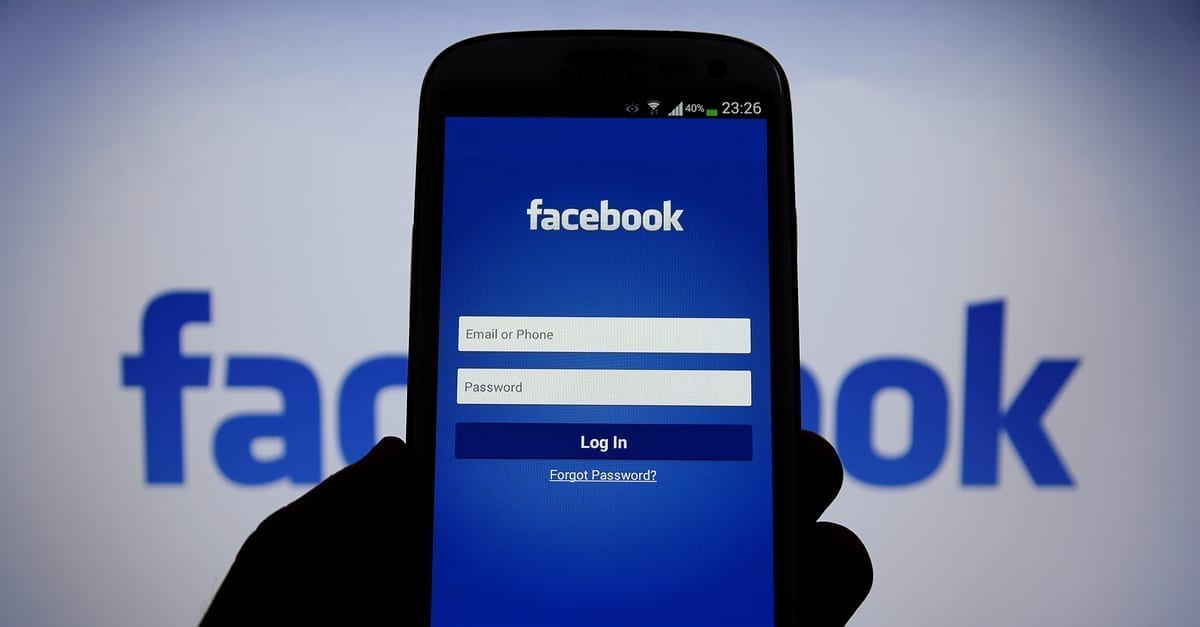Facebook Challenges Gag Order, Cites First Amendment Rights
A gag order was recently issued by a U.S. court preventing Facebook from commenting about three government search warrants issued over a three-month period. The warrants were accompanied by a nondisclosure order from a District of Columbia Superior Court judge which barred the company from notifying its users about the warrants before Facebook agreed to comply. Facebook responded, challenging the order. The company cited the First Amendment and the right to freedom of speech.
Officials say that have a right to notify the three users about the warrants seeking their communication and information. They claim the users should have a fair opportunity to object to such searches. The company released the following statement, “We believe there are important First Amendment concerns with this case, including the government’s refusal to let us notify three people of broad requests for their account information in connection with public events.”
The underlying premise of the government’s investigation is still not clear. However, it’s been speculated that it is affiliated with protesting attempts at the Donald Trump inauguration in which 200 people were taken into custody. The warrants are tied to potential felony charges, and “neither the government’s investigation nor its interest in Facebook user information was secret,” according to the social media king.

Facebook receives thousands of requests from the government for user date annually and complies without question. However, in this particular case, the company cited it has decided to challenge the order because it believes in the protection of the First Amendment. Those who agree with Facebook’s stance say that the gag order relies on outdated laws. In April, a local judge in Washington denied Facebook’s request to remove it, according to court records, but Facebook cited this was unconstitutional and has appealed the original judgment. In a June 14th order, a three-judge panel of the DC Court of Appeals ruled that an unsealed notice about the case could be provided to any groups that Facebook deems necessary and briefs in support of Facebook were due by June 30th. “The government can only insulate its actions from public scrutiny in this way in the rarest circumstances, which likely do not apply here,” said attorney Andrew Crocker.
“The Constitution can offer adequate protection only if the targets of seemingly overbroad warrants, such as those at issue here, know their rights are under threat,” American Civil Liberties Union attorneys and Public Citizen Litigation Group wrote. Arthur Spitzer, legal director of the American Civil Liberties Union of the District of Columbia added that the scope of the warrants served on Facebook “is like a warrant telling officers to seize all the papers and photographs in someone’s home, so prosecutors can peruse them at leisure looking for evidence. This violates the Fourth Amendment, which requires that warrants must ‘particularly describ[e] … the things to be seized’ – a requirement that was designed to prohibit just such ‘general warrants.’”
The District of Columbia Court of Appeals — the highest court in Washington for local matters — is scheduled to hear the case sometime in September.
Sources:
Facebook challenges US gag order, claiming free speech
Facebook fights U.S. gag order that it says chills free speech


Join the conversation!